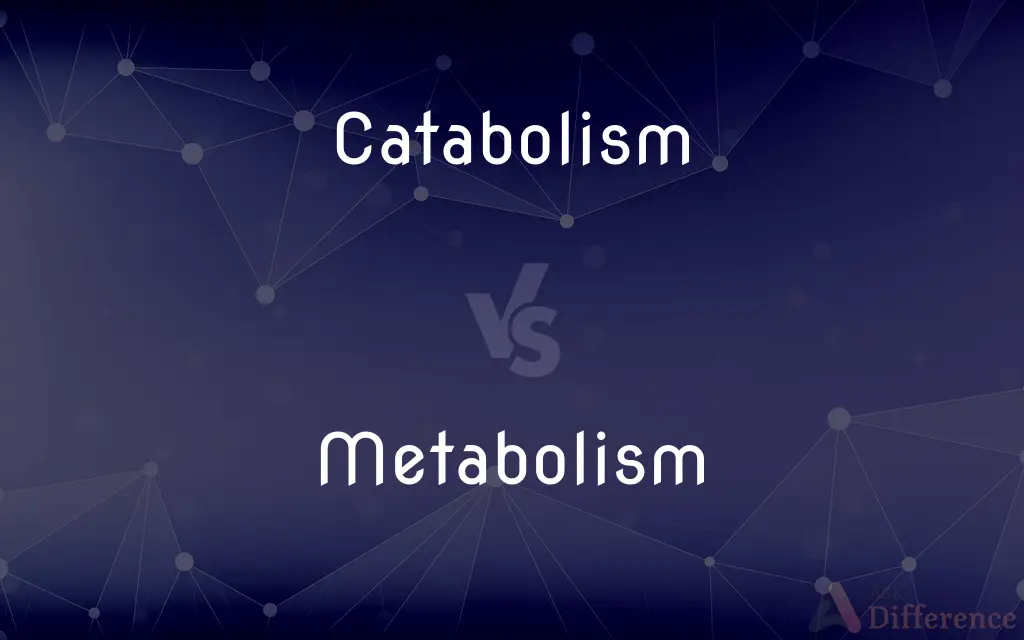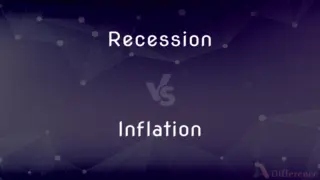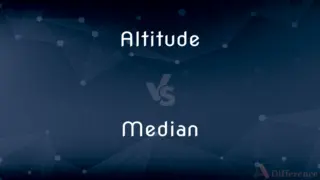Catabolism vs. Metabolism — What's the Difference?

Difference Between Catabolism and Metabolism
ADVERTISEMENT
Compare with Definitions
Catabolism
Catabolism () is the set of metabolic pathways that breaks down molecules into smaller units that are either oxidized to release energy or used in other anabolic reactions. Catabolism breaks down large molecules (such as polysaccharides, lipids, nucleic acids, and proteins) into smaller units (such as monosaccharides, fatty acids, nucleotides, and amino acids, respectively).
Metabolism
Metabolism (, from Greek: μεταβολή metabolē, "change") is the set of life-sustaining chemical reactions in organisms. The three main purposes of metabolism are: the conversion of food to energy to run cellular processes; the conversion of food/fuel to building blocks for proteins, lipids, nucleic acids, and some carbohydrates; and the elimination of metabolic wastes.
Catabolism
The breakdown of complex molecules in living organisms to form simpler ones, together with the release of energy; destructive metabolism.
Metabolism
The chemical processes occurring within a living cell or organism that are necessary for the maintenance of life. In metabolism some substances are broken down to yield energy for vital processes while other substances, necessary for life, are synthesized.
Catabolism
The metabolic breakdown of complex molecules into simpler ones, often resulting in a release of energy.
ADVERTISEMENT
Metabolism
The processing of a specific substance within a living cell or organism
Iodine metabolism.
Catabolism
(biochemistry) Destructive metabolism, usually including the release of energy and breakdown of materials.
Metabolism
(physiology) The chemical processes that occur within a living organism in order to maintain life.
Catabolism
The breakdown of more complex substances into simpler ones with release of energy, in living organisms; destructive or downward metabolism; - a form of metabolism, opposed to anabolism. See also Disassimilation.
Metabolism
The processes that maintain any dynamic system.
Catabolism
Breakdown of more complex substances into simpler ones with release of energy
Metabolism
The act or process, by which living tissues or cells take up and convert into their own proper substance the nutritive material brought to them by the blood, or by which they transform their cell protoplasm into simpler substances, which are fitted either for excretion or for some special purpose, as in the manufacture of the digestive enzymes. Hence, metabolism may be either constructive (anabolism), or destructive (catabolism).
Metabolism
The series of chemical changes which take place in an organism, by means of which food is manufactured and utilized and waste materials are eliminated.
Metabolism
The marked and rapid transformation of a larva into an adult that occurs in some animals
Metabolism
The organic processes (in a cell or organism) that are necessary for life
Share Your Discovery

Previous Comparison
Recession vs. Inflation
Next Comparison
Altitude vs. Median













































